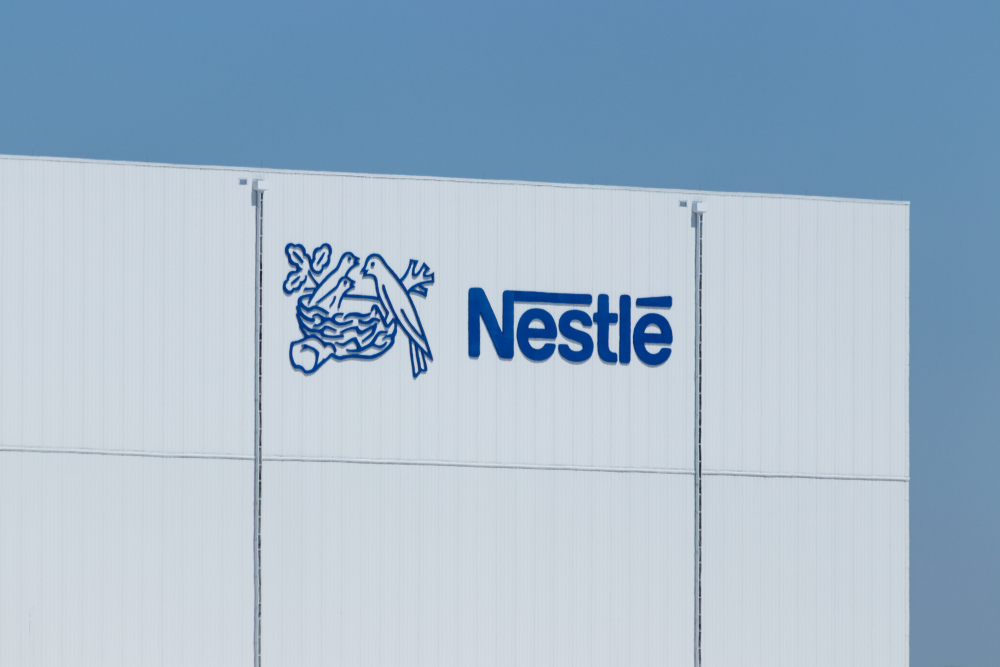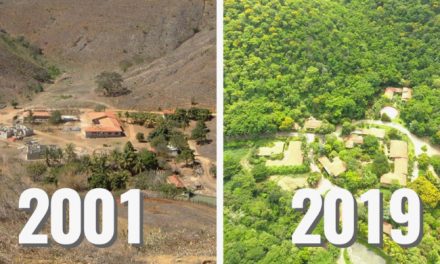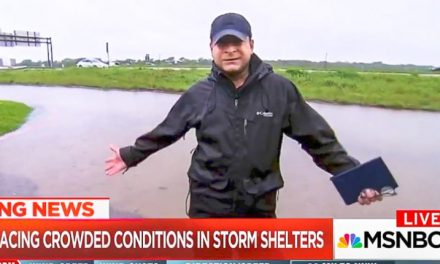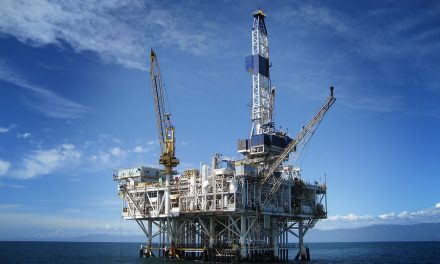The U.S. Supreme Court agreed Thursday to hear Nestlé and Cargill’s challenges to a Ninth Circuit ruling leaving the companies on the hook for allegations that they benefited from African child labor. The decision tees up a potential ruling on whether U.S. corporations can be liable for human rights abuses abroad.
The high court granted the food manufacturers’ petitions for the higher court’s review of the lower court’s ruling in two now-consolidated cases. The companies say the Ninth Circuit’s decision that they could be liable under the Alien Tort Statute conflicts with rulings from the Fifth and Eleventh Circuits, which have held that acts outside the United States don’t overcome the ATS’ presumption against extraterritorial coverage.
RELATED STORY:
The case was filed in 2005 by plaintiffs who said they were trafficked from Mali and labored on Ivory Coast plantations as child slaves. A Ninth Circuit panel ruled in October 2018 that the companies couldn’t dodge the suits, and the full Ninth Circuit denied en banc rehearing in July 2019, with several circuit judges joining a sharp dissent.
RELATED STORY:
In May, the U.S. Department of Justice urged the Supreme Court to take the cases and decide in the companies’ favor, arguing that any conduct that can tie them to foreign human rights abuses also occurred abroad, placing it outside the ATS’ reach.
We’ve reported on these crimes against humanity for years, and it is worth pointing out again that twenty years ago, Nestlé, along with Hershey and Mars, vowed to remove child labor from their operations. But yet it is still in the news today. Besides being accused of child labor practices, Nestlé is also under fire for plans to plunder millions of gallons of water a day from Florida’s natural springs.
The child workers in both cases are proceeding anonymously. The cases are Nestlé USA Inc. v. Doe I et al., case number 19-416, and Cargill Inc. v. Doe I et al., case number 19-453, in the U.S. Supreme Court.












